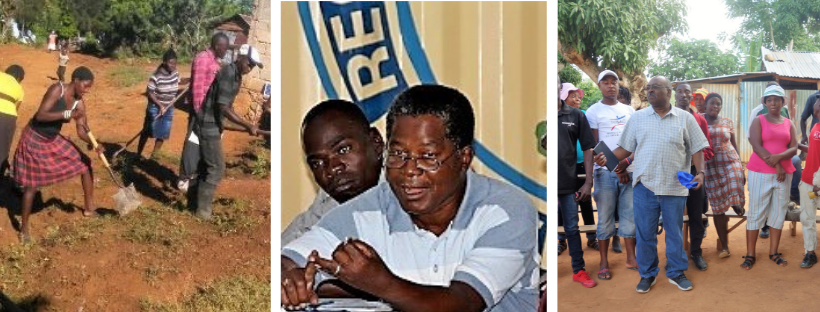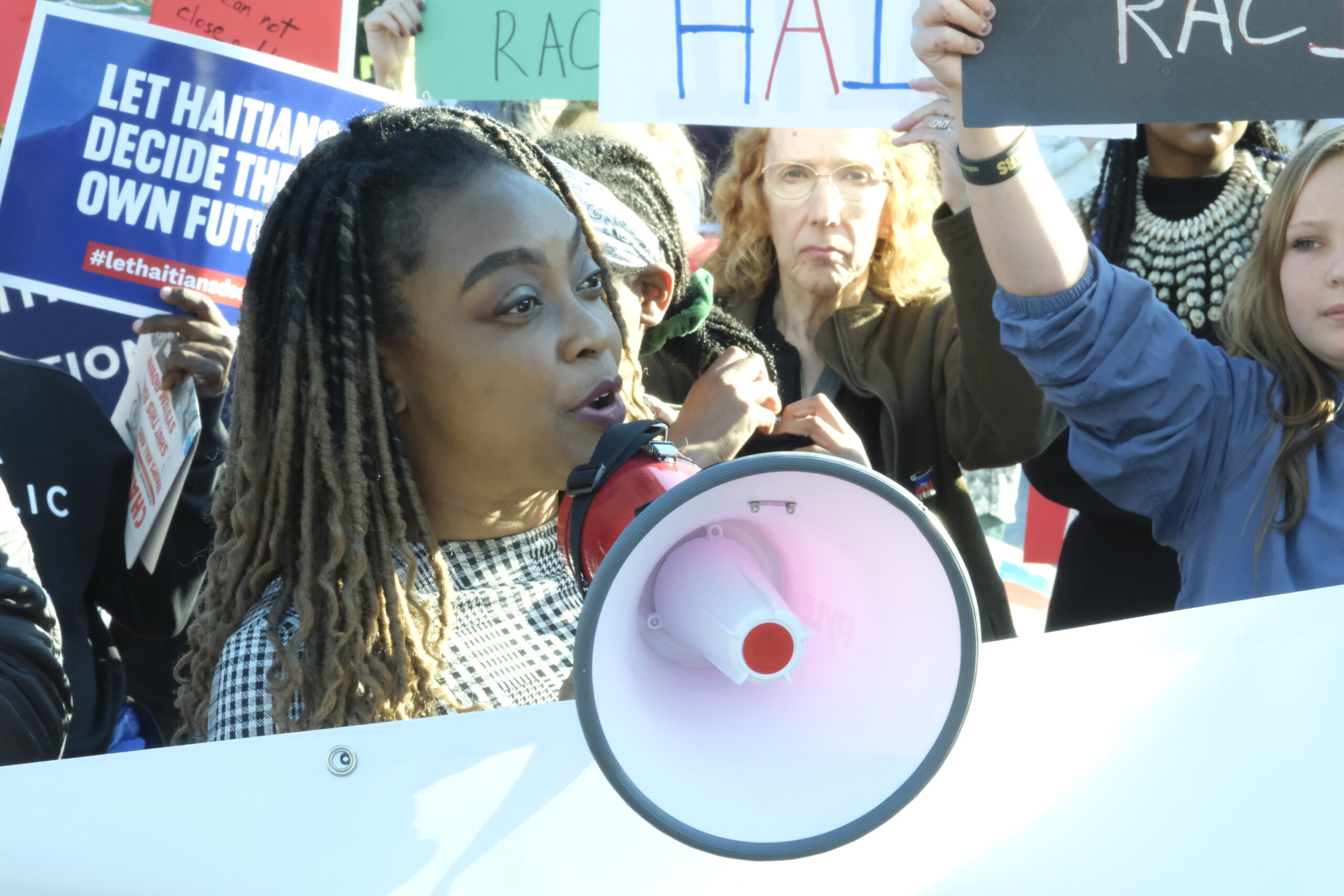On our Thursday “Way Forward in Haiti” call, Monique Clesca, a key leader in the Montana Accord, a civil society effort to restore democracy in Haiti, will share…
2018 Year in Review: OPODNE – The Faith in Action Project in Haiti
Two hundred years ago, Haitians birthed a spirit of self-determination and self-reliance with the only successful slave revolt in the hemisphere. The country has been under assault ever since. For five years, leaders of Organisation Peuple Œcuménique pour le Developpment du Nord-Est (OPODNE) have worked to overcome a culture of corruption and dependency and re-ignite Haiti’s promise. OPODNE’s vision is to develop a new generation of leaders for Haiti and the Caribbean.
“Our government is upside down. The President, the National Deputies, and Senators control all the resources. Nothing reaches the local community,” says a local leader. To overcome corrupt political systems, OPODNE leaders dedicate themselves to productive, transparent governance and economic development. With small investments, they have leveraged more than $200,000. Three hundred leaders have engaged 2500 people in community activities like road building, reforestation, clean-ups, and computer training. They sustain six economic development cooperatives and three micro-lending programs.
“Last year, we restarted our peanut cooperative and planted 1000 new banana trees in Capotille. We are doing everything we can to lift our community out of poverty. Because the government is not working, we have to rely on one another,” says Capotille leader Marc Aurel. Haiti was once able to feed its own people. Because of climate change, drought, corrupt land laws, and foreign intervention, Haiti now provides only 20% of its own food (rice) needs. OPODNE is writing a new narrative, building sustainable agricultural cooperatives–peanuts, bananas, chickens, peppers, goats, fish, sorghum, and vegetables–to feed their families and generate income. Key to OPODNE’s expansion plans are control of the land needed to plant crops and money for irrigation equipment.
OPODNE is developing a new generation of leaders who are working to build the political power needed to secure public investment and land reform policies. Leadership teams in 11 towns are modeling democratic, cooperative, and transparent decision making in all of their activities. Their reputation is growing. People across all denominations and in all local communities want to join OPODNE. They realize democracy and economic equity are essential values if Haiti is to reclaim its proud heritage as the only country throwing off the shackles of slavery. They also realize that reclaiming this heritage must once again occur through systemic grassroots organizing.
“The people of Mombin Crochu feel that OPODNE is already making a difference in their lives. They were discouraged with farming because they could not sell their crops. Now they can,” says OPODNE leader Marie Saint-Fleur


